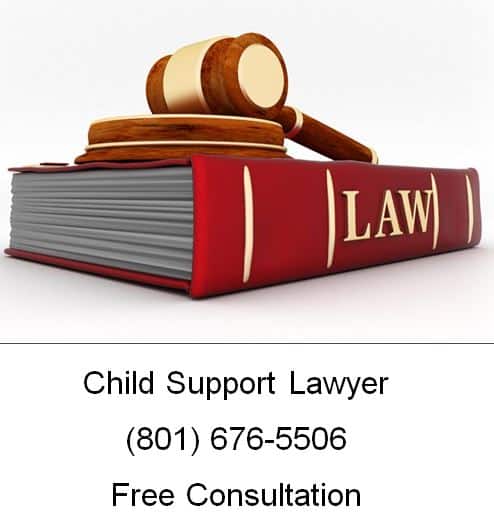When your former spouse becomes delinquent with child support payments, you may be wondering how you can get the money you are owed. One route that isn’t normally taken, but is still a possibility, is to garnish Social Security benefits.
First, it’s important to determine what kind of Social Security benefits your former partner receives. You will not be able to collect your payments if he or she receives supplemental security income (SSI), because it is considered a welfare benefit, not an earned benefit. Other types of Social Security benefits, however, could be subject to wage garnishment if you file a request in your local Social Security office.
For the agency to garnish those benefits, you will need to have a judge issue an income withholding order. This means that you must have already proved in court that your ex has been delinquent on their payments. Once your judge has sent this order to your local Social Security office, the people there will then enter your case data into their system and start withholding child support payments from your former spouse’s Social Security benefits. Make sure you tell your child support lawyers about the need to collect child support from social security benefits. Sometimes, if you don’t have the specific language in the child support order about collecting it from social security; the social security office won’t withhold it and you’ll have to go back to court!
If your ex-spouse is not currently receiving any benefit payments, your order for garnishment of those payments will stay on file with the Social Security office, and as soon as he or she begins collecting them again, the deductions will continue.
Federal law dictates that Social Security offices can only withhold up to 65 percent of the monthly payments that your ex receives.
Friends During a Divorce
One of the more difficult parts of a divorce is how you manage the friendships you share with your former spouse. Your friends may feel like they have to choose one of you over the other. If they do try to maintain friendships with each spouse, it can take some careful social planning to avoid awkward situations.
It’s possible to maintain shared friendships after your divorce. Below are some tips to help you accomplish that:
You should try to talk about it with your spouse and discuss your concerns with your spouse and figure out what an ideal situation would look like moving forward. Which relationships would each of you prioritize?
Role play how you think you will feel about being around your former spouse after your divorce. It can help to broach this subject with your spouse during the divorce process to mitigate any awkwardness that could occur in social situations.
Talk to everyone by being forthcoming about your struggles with your friends, and help them become more comfortable with the idea of maintaining relationships with both you and your former spouse if they wish to do so.
It is possible that some friendships will end — especially those that involve your former spouse’s closest friends. There is no doubt that this can be painful, but if you accept this fact from the start, you can take some of the sting away when it comes to pass.
It might help to set some parameters or ground rules for how you will move forward in your shared friendships. For example, you should never try to use your friends as weapons against each other, and avoid speaking ill of your former partner in front of the friends you share.
Child Support Lawyer Free Consultation
If you have a question about child support, please call Ascent Law at (801) 676-5506 for your free consultation. We want to help you.
8833 S. Redwood Road, Suite C
West Jordan, Utah
84088 United States
Telephone: (801) 676-5506
Recent Posts


